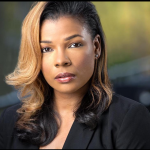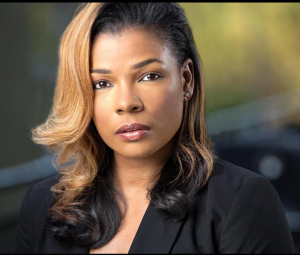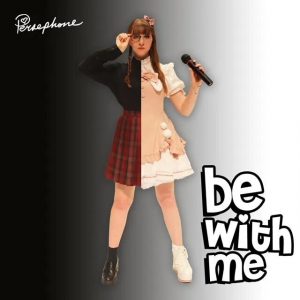Regina Spektor’s family — Russian Jews from Moscow — left the former Soviet Union for the U.S. in 1989, when Spektor was 9. They settled in the Bronx, where her dad, despite their financial struggles, managed to secure his daughter a piano teacher so she could keep playing her favorite instrument.
Twenty-seven years and seven albums later, Spektor’s still playing; recently, she wrote the theme song for Netflix’s Orange Is The New Black. And while her songs have always been playful, there is a strain of something a little bit darker on her new album, Remember Us To Life — something about the tougher side of life. So NPR’s Audie Cornish asked her what it was like growing up in the Bronx.
Regina Spektor: On Growing Up A ‘Soviet Kid’
Regina Spektor: For me, it was amazing, because I was a kid and I was very excited to experience this whole new world. And everything was fun. Everything from, “Oh wow, we get bananas, I’d only seen them in picture books!” to the diversity of the neighborhood. I’d never seen other races, really, up until then. And to explore Judaism for the first time — it was really hushed in the Soviet Union and I knew I was Jewish, but we didn’t get to celebrate any of the holidays really, or know anything about our culture.
But I saw certain things that I think maybe other kids are protected from, like I saw my parents struggling. I knew that we were cutting out coupons and buying dented cans because they were cheaper. And all our furniture was from the garbage. And to me, because I was a kid, all that stuff was really exciting, but I definitely —
Audie Cornish: You can feel it, right? You can feel it in a household.
Absolutely. And it’s painful to watch your parents not be in control of things. You know, even as we were leaving the Soviet Union, just watching how they were treated at customs as we were leaving. All our suitcases shaken out, the passports were taken from us and were cut in half in a very dramatic way, and my parents just kind of looking down at their feet and trying to sort of lay low and not have some bureaucrat get mad at them. I watched them be scared, you know, and that really shook the earth for me in a lot of ways.
So when you write songs of people going through — not that same story, but that same kind of emotion — it’s coming from someplace.
It’s coming from a place where — people want to feel good about themselves because they can afford certain things for their family and they think that it’s some kind of a yardstick for getting it right, you know? They think they’re getting things right in life. And I think that so many people don’t understand how thin that line is, how easy it is to be broke, how easy it is to find yourself in a situation where you’re in an absolutely foreign place. And I think that being an immigrant — I don’t know, when I walk through the city, I just think that I see my family. I see us in everybody, you know? I see us in the newest immigrants that just got here yesterday. I see us in the person who is trying to mime their way to find out which way is downtown and which way is uptown in the subway. I just — I see us.
I wonder if you ever think that — how do I say this? I think when you grow up struggling economically with your family, and I’ve experienced this as well, you never quite shake that.
That’s true.










More Buzz
Syleena Johnson Empowers Women Through Music and Health Advocacy
Get Ready To Catch Julian King’s Electrifying Performance at the Roots Picnic – A Hometown Triumph
J Maurice’s ‘BADDIE’: A Versatile Banger Blending Hip-Hop and Afrobeats